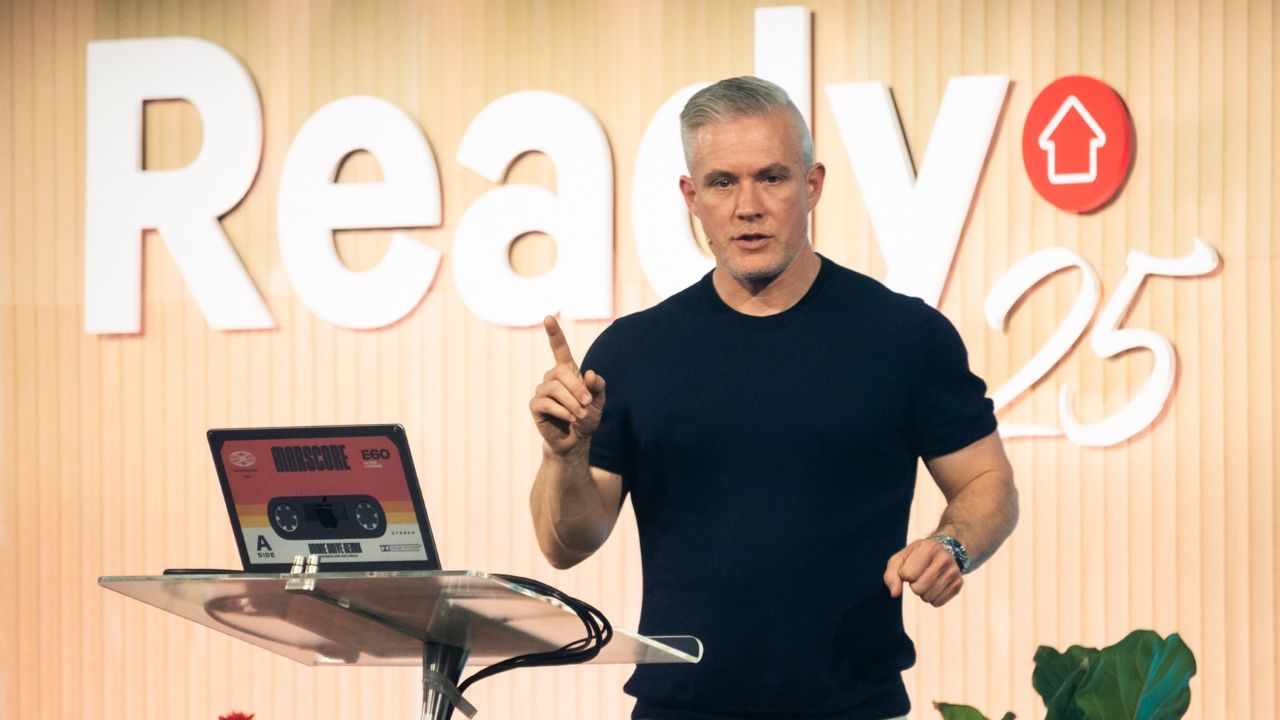When Seth Watts took the stage at READY, he came armed not with slides but with software.
In a fast-paced demonstration, Watts showed how artificial intelligence might handle listing presentations, tenant maintenance, and even prospecting calls at scale.
His message to agents was blunt: the technology is here, and those who test it early could gain an edge.
“This product allows me to be an expert all the time,” Watts said.
“And if you don’t reckon this information is not gonna help me list properties, I think you’re kidding yourself.”
One of his demos featured an AI called Maya, which conducted a mock listing presentation and challenged Watts on his marketing spend with the skepticism of a real vendor.
The exchange flowed naturally—until you remembered Maya was software.
“Today is the day that I will see the worst AI in my entire life,” Watts said. “This is only gonna get better.”
Beyond sales pitches, the technology is also being applied to property management.
Watts showed how Hey Gen might log after-hours maintenance requests in multiple languages, diagnose appliance problems, provide instructions in Mandarin, and escalate complex cases to human staff.
For prospecting, he highlighted scale.
In one demo, he queued 100 simultaneous phone calls, with AI assistants delivering market updates, qualifying leads, and scheduling appointments.
“What would it mean for your database if you had 1,500 people instead of 150?” he asked the audience.
Watts also stressed the value of combining different tools.
He showed how agents could set up automated weekly reports tracking competitor sales, complete with personalised notes recognising top performers.
“Every single week now, I’m gonna get an email telling me everything that happened in my market, who did it, and giving me messages to send,” he explained.
His closing challenge to agents was straightforward: pick two AI tools and test them for 30 days.
The aim, he said, is not to overhaul an entire business overnight but to save at least one hour of administration per listing through smarter automation, acknowledging many of these applications remain experimental.

